Celebrating Financial Literacy Month: Catching up with Erik Scott
As we celebrate Financial Literacy Month this April, we are revisiting one of the teachers from our Q&A interview series last year who continues to experience success with the FiCycle curriculum. We checked in with Erik Scott, a math teacher at Cache High School in Oklahoma. Erik teaches Statistics and Pre-Calculus to 11th and 12th graders and FiCycle Math which is considered Algebra 3 in the school’s math curriculum. Our conversation focused on how this school year has been impacted due to the pandemic. And in the spirit of Financial Literacy Month, we dove into how students view the importance of planning for a secure financial future – given some of the outcomes of the pandemic, like inflation and the cost of everyday items sky-rocketing.
We also wanted to get an update on how Erik is evolving and expanding the use of the FiCycle curriculum. So let’s start there.
Question: Are there any ways you have evolved the way you have used FiCycle this school year?
Erik: This year, we incorporated our Precalculus textbook into our FiCycle work. The book gave me a repository, if you will, of some additional problems. The FiCycle Curriculum already has a fair number of examples coupled with the properties involving logs and natural logs. I then take that information and couple it with a video presentation that I enjoy about the description of logarithms. Then I’ll move it into some additional problems from my Precalculus book. Our counselors also encourage students to take the FiCycle / Algebra 3 class. I’ll have students in my Algebra 3 class because it is an elective. They are a pool of students that have completed their required math courses to get their high school diploma. But our counselor always encourages that if these students are going into a technical school, whether it’s a technology education curriculum in their town, located in another part of the state, or going on to college, they should take another math class. And the nice thing about FiCycle is it is that other math class! It fits the requirement that the kids need to achieve their financial education, but it also keeps them fluent in the math that they’ve learned and can apply new math skills.
Q: Remind me how your school came about using the FiCycle curriculum? I believe your community drove it.
Erik: Yes, in fact, it was a local business person that manages a bank that actually introduced our principal, Mrs. Christie Taylor, to FiCycle. And that local business person has reached out to me, and we’re looking to have some people, possibly from FiCycle, for our next student council state symposium that we are hosting next year. So, we’re looking forward to that.
Q: Can you share some examples of how FiCycle has made an impact on individual students and how they view their future?
Erik: Yes. With the FiCycle curriculum, a part that I enjoy is having the avenue to introduce students to the real-world FiCycle life cycle that we go through. One example is a student who would not necessarily have taken additional math classes; however, after being in my FiCycle class for a couple of months, she said, “You know, I really enjoy dealing with finances. I’m actually interested in maybe becoming an accountant.” The FiCycle curriculum is unique in that there’s a presentation of the math part, formulas, and how these formulas are derived. And then, there are three to four case studies with people, maybe new business owners or college students. So, the case study can put a student in the shoes of an accountant. Seeing this student’s interest in accounting, I searched the internet and found out what accounting career options are available locally and in the state of Oklahoma. I then researched what it would entail for her to pursue earning a degree in accounting and becoming a certified public accountant (CPA). I shared this information with her and more, even letting her know about an accounting degree at our local university in Lawton.
Another exciting story is about a student I had two years ago in a geometry class. He’s really into the arts, and he’s in the band. He was not too revved up about the geometry curriculum. Now that I’ve got him in FiCycle as a senior, I noticed that he does well on our check for understanding modules at the end of each of the topics – even though it seems like he’s not even paying attention. As we got into the future value present value formulas to where we’re dealing with letting interest do its work on our money and growing our wealth without even doing anything to it, he started asking questions and really getting interested in finances. He was curious as we talked about careers and the ability to earn income, the importance of maintaining good credit and that earning potential is essential as lending institutions want to see proof that you can make monthly payments.
Q: Is there anything uniquely exciting in how students react to the FiCycle curriculum versus other classes?
Erik: Well, interestingly enough, they approach it as real thinkers. And maybe if they’re not initially when we get into the curriculum and we go through these case studies, it engages them in a way that they’re starting to think about, “well, that could actually be me!” As we were working on some case studies with our future value formulas, I had a student diverge from the workbook, and he started to work in his notebook with his own variables in his own life and what he wants to pursue in the next step after high school. This is the type of behavior that happens in this class.




